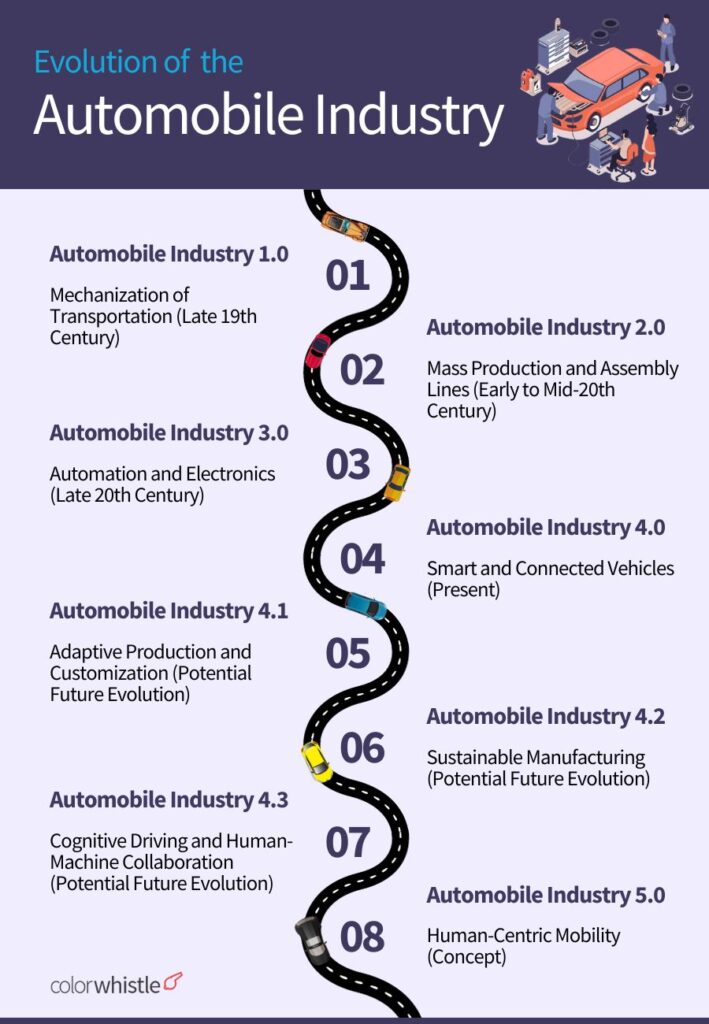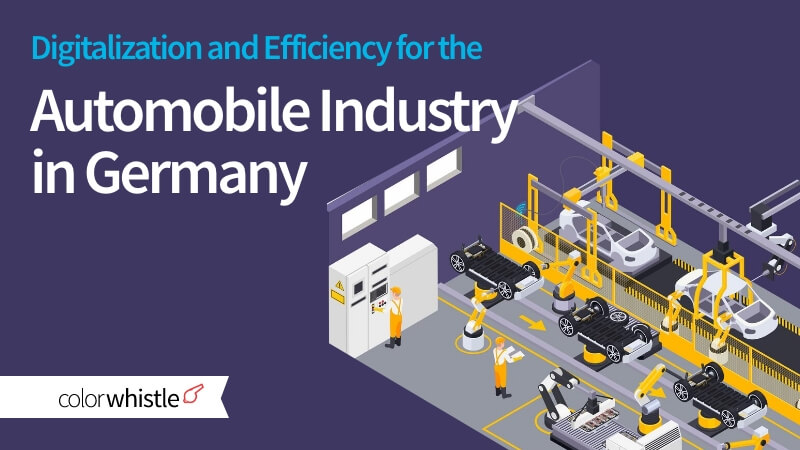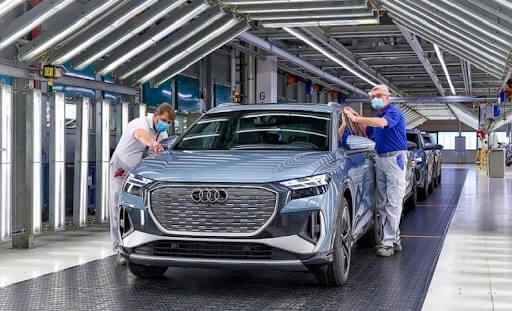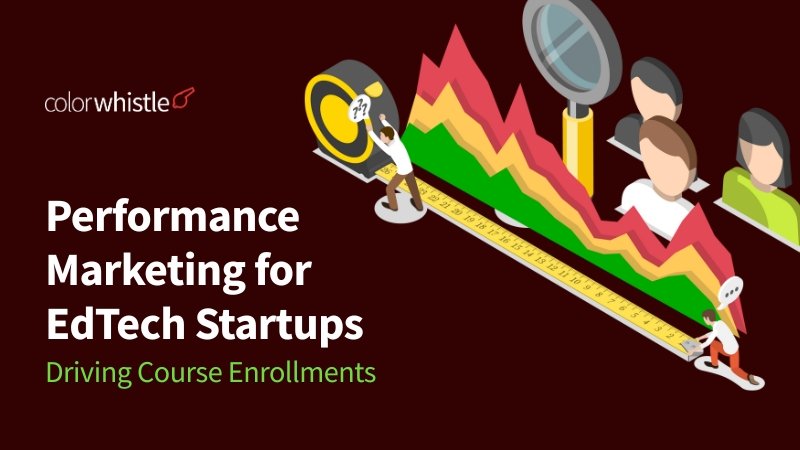AI Summary
Key Highlights of Digitalization Efficiency in German Automobiles
This post explores how digitalization is revolutionizing the German automobile industry by enhancing efficiency and innovation. The key insight: integrating smart manufacturing, digital design, big data analytics, and IoT-connected vehicles optimizes production and user experience while promoting sustainability. It highlights Industry 4.0's role in predictive maintenance, supply chain transparency through blockchain, and the rise of electric vehicles supported by digital tools. The blog serves automotive professionals seeking competitive advantage by adopting cutting-edge technologies. It advises collaboration and upskilling to overcome challenges like cybersecurity and legacy integration, aiming to position German automakers as global innovation leaders.
Did you know?
The German automation industry is highly innovative, with German companies investing heavily in research and development. (Source: VDMA Robotics + Automation)
The German automobile industry, renowned for its engineering skills and commitment to innovation, is undergoing a transformative journey fueled by digitalization. In an era where technology drives progress, the integration of digital solutions has become imperative for automakers to enhance efficiency, simplify operations, and deliver cutting-edge vehicles to a discerning global market.
Leverage digitalization and efficiency in the automobile industry in Germany through strategic digital marketing services with skilled digital marketing service agency.
Evolution of the Automobile Industry

1. Automobile Industry 1.0: Mechanization of Transportation (Late 19th Century)Key
- Innovations: Introduction of internal combustion engines, and early automobiles.
- Impact: Transition from horse-drawn carriages to motorized vehicles, marking the birth of the automotive industry.
2. Automobile Industry 2.0: Mass Production and Assembly Lines (Early to Mid-20th Century)
-
- Key Innovations: Assembly line production, standardization of components.
- Impact: Mass production of vehicles, led by pioneers like Henry Ford, making automobiles more affordable and accessible to the masses.
3. Automobile Industry 3.0: Automation and Electronics (Late 20th Century)
-
- Key Innovations: Introduction of electronics, and automation in manufacturing.
- Impact: Adoption of electronic components in vehicles, from engine control units to entertainment systems. Automation enhances precision in manufacturing processes.
4. Automobile Industry 4.0: Smart and Connected Vehicles (Present)
-
- Key Innovations: Internet of Things (IoT), Advanced Driver Assistance Systems (ADAS), Big Data.
- Impact: Integration of smart technologies into vehicles, including connected features, predictive maintenance, and the development of autonomous vehicles. The rise of electric vehicles is also a significant aspect of Industry 4.0 in the automotive sector.
5. Automobile Industry 4.1: Adaptive Production and Customization (Potential Future Evolution)
-
- Concepts: Adaptive production systems, and more advanced AI in vehicle customization.
- Impact: Faster adaptation to changes in consumer preferences, market demands, and advancements in AI-driven customization for vehicles.
6. Automobile Industry 4.2: Sustainable Manufacturing (Potential Future Evolution)
-
- Concepts: Sustainable materials, eco-friendly production practices.
- Impact: Increased focus on sustainable manufacturing, utilizing materials with a lower environmental impact, and adopting energy-efficient practices in the production of vehicles.
7. Automobile Industry 4.3: Cognitive Driving and Human-Machine Collaboration (Potential Future Evolution)
-
- Concepts: Advanced AI with cognitive abilities in vehicles, improved human-machine collaboration.
- Impact: Vehicles with cognitive capabilities, enhanced decision-making, and improved collaboration between the vehicle and the driver for a safer and more intuitive driving experience.
8. Automobile Industry 5.0: Human-Centric Mobility (Concept)
-
- Concepts: Integration of human creativity and decision-making with advanced vehicle technologies.
- Impact: A shift towards human-centric mobility where advanced technologies complement human intuition, creativity, and decision-making, creating a more personalized and user-friendly driving experience.
Digitalization and Efficiency for the Automobile Industry in Germany
Digitalization, at its core, refers to the integration of digital technologies into various aspects of business operations. For the German automobile industry, this contains everything from design and manufacturing to marketing and customer experience.
Smart Manufacturing and Industry 4.0
The adoption of Industry 4.0 principles has ushered in a new era of smart manufacturing. In Germany, automotive plants are evolving into intelligent, interconnected ecosystems where machines communicate with each other in real time. This not only optimizes production processes but also allows for predictive maintenance, minimizing downtime and reducing operational costs.
Digital Design and Prototyping
In the design phase, digital tools such as Computer-Aided Design (CAD) and virtual prototyping have become indispensable. Engineers can create intricate 3D models and simulate various scenarios before a physical prototype is even manufactured. This not only accelerates the design process but also contributes to more precise and efficient product development.
Supply Chain Optimization
Digitalization is reshaping supply chain management, ensuring transparency and efficiency. Real-time tracking of components and materials allows for better inventory management and just-in-time manufacturing. Blockchain technology is also being explored to enhance traceability and reduce the risk of counterfeit parts.
Also Read
Big Data and Analytics
The wealth of data generated at every stage of the automotive lifecycle is a goldmine when equipped effectively. Big data analytics enables automakers to gain insights into consumer preferences, production efficiency, and quality control. Predictive analytics is increasingly used for demand forecasting and anticipating maintenance needs.
Connected Vehicles and IoT
The rise of connected vehicles, enabled by the Internet of Things (IoT), is transforming the driving experience. Cars are becoming smart, with features like predictive maintenance, real-time navigation, and vehicle-to-everything (V2X) communication. This not only enhances user experience but also contributes to road safety and traffic management.
Efficiency Gains and Sustainability
The marriage of digitalization and efficiency goes beyond operational improvements. Sustainable practices are a core consideration. Digital tools allow automakers to optimize energy consumption in manufacturing, reduce waste, and explore eco-friendly materials. Electric vehicle development, a key focus in the industry, benefits from digital simulations and battery technology advancements.
Challenges and the Path Forward
While the benefits of digitalization are evident, challenges exist. Cybersecurity concerns, the need for upskilling the workforce, and the integration of legacy systems with new technologies are areas that require careful navigation.
As the German automobile industry continues its digital journey, collaboration between industry players, government, and technology providers will be crucial. Embracing emerging technologies like artificial intelligence, augmented reality, and 5G connectivity will further propel the industry into the future.
Also Read
Wrap-Up
The digitalization of the automobile industry in Germany represents a paradigm shift, redefining how vehicles are designed, manufactured, and experienced. The pursuit of efficiency through digital means not only positions German automakers at the forefront of innovation but also sets a benchmark for the global automotive landscape.
AI consulting services will help you use smart technology to make things run smoother, be more creative, and make wise choices in the auto industry.
Browse through our ColorWhistle page for more related content and to learn about our services. To get in touch with us and learn more about our services, please visit our Contact Us page.
What’s Next?
Now that you’ve had the chance to explore our blog, it’s time to take the next step and see what opportunities await!






